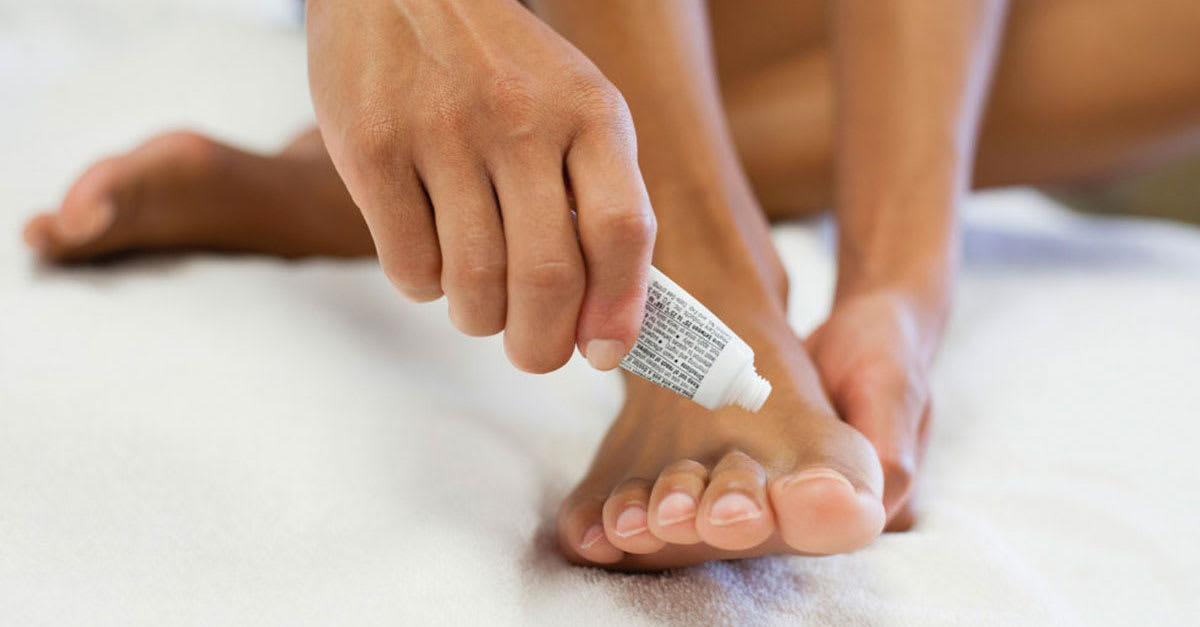What Is a Natural Antifungal for Skin? Delighted to Share the Tremendous Benefits
In the quest for optimal health and well-being, many individuals are turning to natural remedies to solve common problems. One such problem is fungal infections of the skin. Natural antifungals have garnered tremendous interest due to their potential to treat infections effectively without the side effects associated with synthetic alternatives. This article explores what natural antifungals are, their benefits, and how to use them to maintain healthy skin.

The Big Appeal of Natural Antifungals
The surge in popularity of natural antifungals can be attributed to several factors:
- Minimal Side Effects: Unlike synthetic treatments, natural remedies are less likely to cause adverse reactions.
- Accessibility: Many natural antifungals are readily available in grocery stores or can be easily grown at home.
- Eco-Friendly: Natural solutions often have a lower environmental impact compared to manufactured products. Antifungal Cleaners are another solution.
Given these advantages, it's no surprise that more people are curious about using natural antifungals for skin treatments.

Approved Natural Antifungal Options
If you are wondering exactly what is a natural antifungal for skin, here are some options that have been widely studied and approved for their efficacy:
Tea Tree Oil
Tea tree oil is renowned for its antifungal and antibacterial properties. This essential oil has been found to be effective against a variety of fungal infections, including athlete's foot and ringworm. Always dilute tea tree oil with a carrier oil to avoid skin irritation. Learn more about tea tree oil here.
Coconut Oil
Leveraging its fatty acids, coconut oil is another natural antifungal option. It is particularly effective against Candida species, making it a popular choice for treating fungal infections on the skin. Antifungal Bodywash can further enhance its effects.
Garlic
Garlic contains allicin, a compound known for its antifungal properties. Crushed raw garlic applied to the infected area can help combat fungal growth.
Aloe Vera
Aloe vera is celebrated for its soothing and healing properties, making it a natural remedy for fungal infections. The gel from the aloe vera plant can be applied directly to the skin to reduce inflammation and speed up recovery. Organic Aloe Vera can be used for both internal and external benefits.
Apple Cider Vinegar
Apple cider vinegar is known for its antimicrobial properties. Diluting apple cider vinegar with water and applying it to the affected area can help kill fungal infections.

How to Use Natural Antifungals
Knowing what is a natural antifungal for skin is only half the battle. Here is a quick guide on how to use these remedies effectively:
- Patch Test: Always conduct a patch test before applying any natural antifungal to a large area to ensure you do not have an allergic reaction.
- Proper Dilution: Essential oils and other potent substances should be diluted with carrier oils or water to prevent skin irritation.
- Consistency: Apply the natural antifungal remedy consistently as per the recommended dosage and duration to achieve the best results.

Precautions and Considerations
While natural antifungals offer numerous benefits, it's crucial to consider the following precautions:
- Pre-Existing Conditions: Individuals with pre-existing skin conditions should consult a healthcare provider before using natural remedies.
- Allergies: Be mindful of potential allergens. Conduct thorough research or consult an expert to ensure you're not allergic to the natural product being used.
- Consult Professionals: While natural remedies can be effective, it's always advisable to consult with a healthcare professional for severe or persistent infections.
- Focus on Hygiene: Regular hygiene and keeping the affected area clean and dry are essential to combating fungal infections. Shower Tips can also play a crucial role in maintaining skin health.
Why Natural Remedies Are Here to Stay
The increasing reliance on natural antifungal treatments underscores a broader shift towards holistic health and well-being. As more individuals recognize the benefits of nature-based solutions, the demand for these treatments will undoubtedly continue to rise.
Wrapping Up: Incorporating Natural Antifungals into Your Routine
Incorporating natural antifungals into your daily skin care regimen is a proactive step towards maintaining healthy and fungus-free skin. By understanding what is a natural antifungal for skin and how to use them effectively, you can harness the power of nature to address common skin issues safely and efficiently.
Frequently Asked Questions
Q1: Are natural antifungals safe for all skin types?
Most natural antifungals are generally safe for all skin types, but it's essential to conduct a patch test before widespread application to rule out any allergic reactions.
Q2: How long does it take for natural antifungals to work?
The effectiveness and duration of treatment may vary depending on the severity of the infection. Consistent application according to guidelines usually yields positive results within a few weeks.
Q3: Can I use natural antifungals alongside prescribed medications?
While natural antifungals can complement traditional treatments, it's always advisable to consult with a healthcare provider to avoid any potential interactions or side effects.
For more information on natural antifungals, click here.
As an Amazon Associate, I earn from qualifying purchases.

